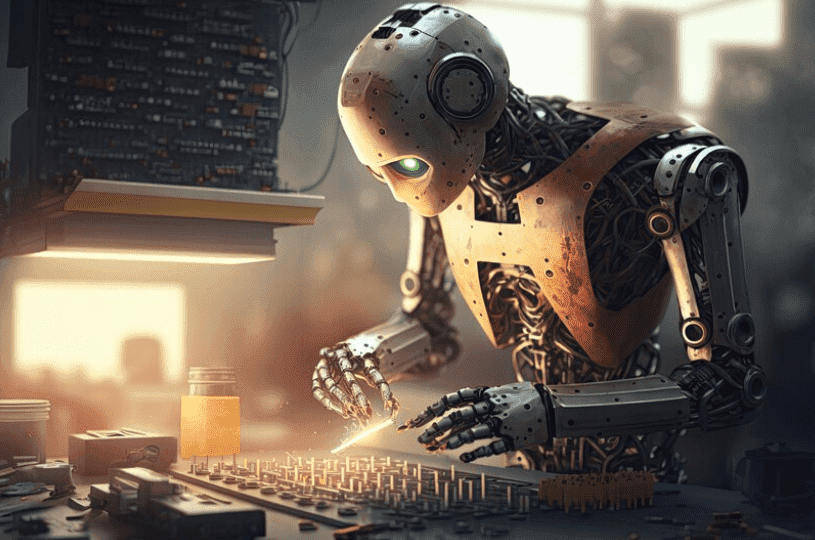
- tecnotales.com
- September 15, 2024
- 0 Comments
How Artificial Intelligence is Transforming the World?
In this paper, the researcher will focus on the discussion of as one of the most innovative technologies of the twenty-first century. It is slowly creeping into almost every industry and changing the way business is done from health care, finance, education to entertainment. Thus, as artificial intelligence keeps on enhancing, its possibility of transforming the society, work, and the world we live in becomes unlimited.In this blog, we will explore on the impact of the AI in various industries, the implications and the prospects and challenges that come with AI adoption.
AI – The New Technology of the Century
Very few can still deny the fact that developments in artificial intelligence are not an invention at all. Human beings have especially for the last few decades aimed at developing machines that have a capability to think like human beings. People previously brainstormed AI for movies rather than making it a reality today. They have emerged as outcome of revolutions in computing architectures, growing amount of data, and models that are progressive in nature.

Two kinds of artificial intelligence exist: Differential intelligence and arbitrary intelligence. Narrow AI addresses particular issues, for instance, biometrics, or interpretation, and is relevant to almost all industries. On the other hand, general AI can solve any problem a human can solve any problem any way that’s possible. The general AI is not that sophisticated for now but narrow AI is fast changing the world.
AI in Healthcare: Transforming the Delivery of Patient Care
There are numerous fields where AI has brought a positive change and one of the most important areas is healthcare. These tools are now being applied to increase precision in diagnosis as well as in the design of individual treatment regimens, as well as in the identification of new drugs. For instance, machine learning algorithms can provide diagnostics of a patient’s medical images with a high degree of accuracy and identify tumors, for example, during the early stages of cancer. This is because AI is also being applied in the determination of the patients’ outcomes to help in adopting early and proper measures to attend to them.
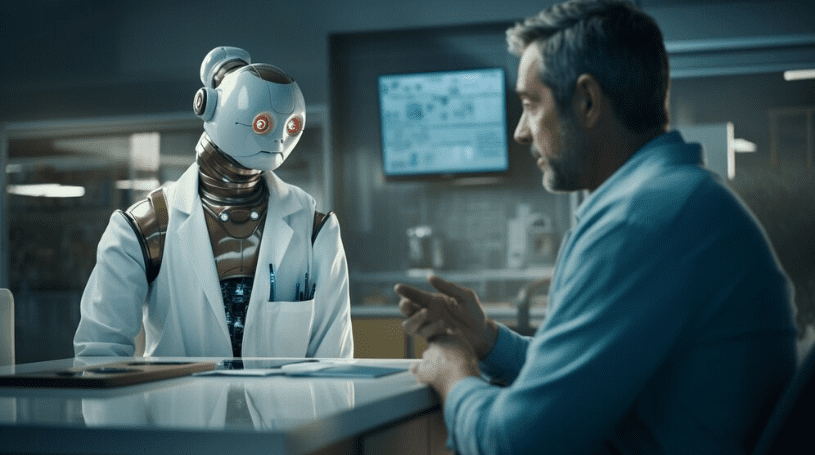
In addition, the application of artificial intelligence is revolutionalising the conducts of medical research. The conventional drug discovery methods are very much expensive and take a long time to develop a new drug; it may even take years and billions of dollars. This process can be hastened through the use of AI in the analysis of large data sets in order to come up with drug candidates, the likely impact of the drug and even modifications that may be made to enhance its impact. There is a possibility that this may help deliver effective treatments to the patients in a way that was never thought possible before.
AI in Finance: Improving the Effectiveness and the Security
Many sectors have integrated AI and one of the sectors is the financial sector. The application of AI technology falls in several fields, such as identification of fraudsters, algorithmic dealing, enhanced effectiveness, decrease expenses and improved decision making. For example, in banking context, AI computes and processes financial data faster than humans and find patterns and trends that are hard to see. It helps the financial institutions to get a better insight of the market and make appropriate investment decisions as well as reducing risks.
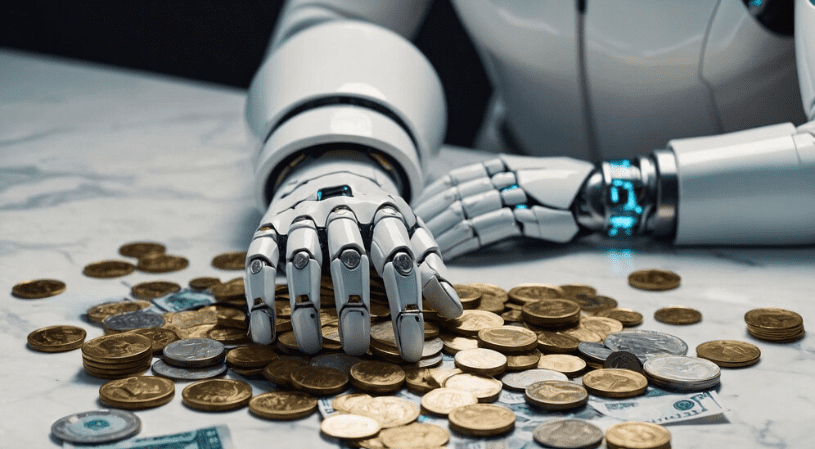
AI is also playing a very important role in prevention of fraud in the financial sector to a great extent. The current fraud detection systems are developed based on the rules which can easily be bypassed by an organized fraudster. AI, however, is able to analyze huge amount of transactional data in order to identify some kind of irregularity and alert for frauds in real time. This is not only favourable to the consumer but also reduces the losses that are incurred by the banks and other financial institutions.
AI in Education: Learning for Everyone
AI is also playing an important role in education sector which is one of the most crucial aspects of human life. Learners are expanding intelligent technologies as their tutors to deliver unique learning options appropriate to speed and tastes of the learner. For instance, AI can detect a student’s performance in real-time and decide where the student might be in need of assistance to improve their scores. This form of teaching is beneficial and may help enhance learning and achievement of students in various levels and with different capacities.
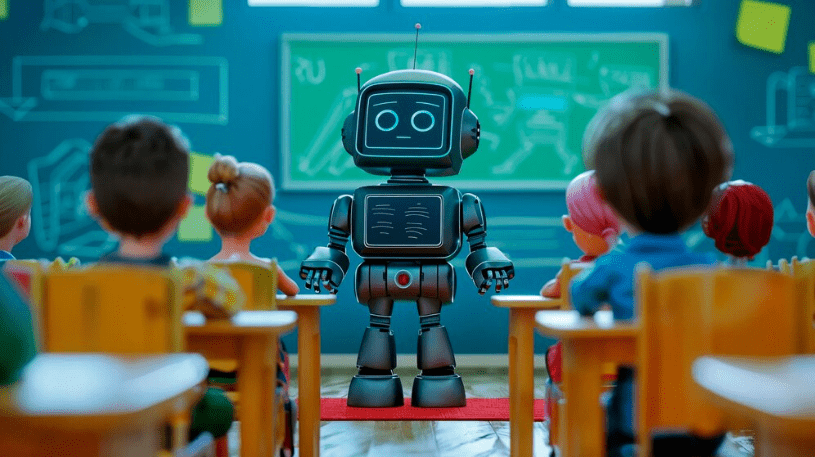
In addition, schools are implementing AI in flagging administrative work to let educators be educators. This is the first procedure that I adopted in improving my teaching. For instance, the use of AI in grading students’ papers can be very efficient since they can grade the papers accurately and even give feedback to the students quickly hence caring the burden of the teachers. There are several ways are using to implement AI for example; in the development of Intelligent Tutoring Systems (ITSs) that help learners learn. These systems assist the students to understand various ideas and make them learn and study all the time.
AI in Entertainment: Developing New ways of Entertainment
In entertainment, AI also came into use to come up with new experience to offer to consumers. Some of the recent applications include creation of virtual characters that look and behave like humans, creation of life like animations and even music. For instance, developers apply AI in video games to design facial and or postures of game figures in a manner that depicts real people, to make the game more impressive.
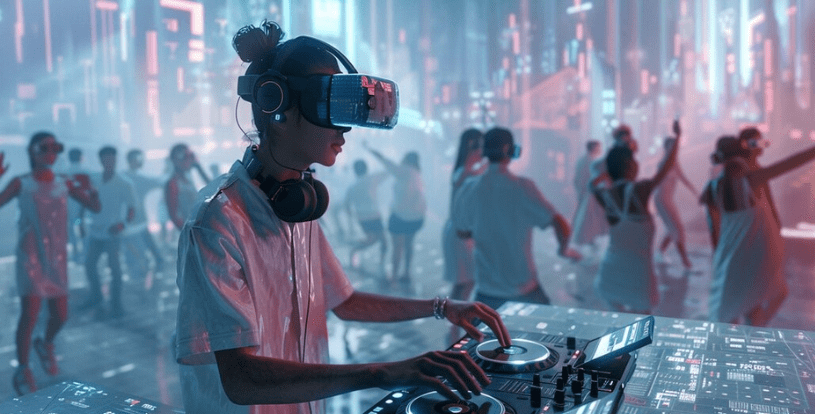
Organization these days use AI and for instance, Netflix and Spotify uses it for recommendation of content where they get to make their customer happier. Thus, based on user’s actions and preferences, AI can recommend movies or TV shows or music that are likely to be of interest to the user. This not only improves the users’ experience but also allows the content creators to keep the audience engaged and generate more income.
AI in Transportation:
The command to drive the future is what people should follow to come up with better solutions on how they can improve on the current transport systems. The transport industry is at the verge of a massive shift due to the integration of artificial intelligence. We need to implement AI-based self-driving cars as the newest innovation in the transport sector. These cars claim to make transport safer and faster and to be less polluting than conventional ‘normal’ cars. In real time, such systems can process huge volumes of data collected by sensors and cameras used in autonomous vehicles and make quick decisions in a fast-changing environment so as to avert an accident.

AI also improves the transport physical network, relieves traffic congestion and raises the performance of the transport system. For instance, AI algorithms can identify traffic congestion and vary the traffic light timings in real-time so as to enhance traffic flow. This also helps to minimize the time taken on the road but there is also the ability to reduce emission and enhance the quality of air in cities.
Ethics in Relation to Artificial Intelligence
Many positives associate with AI. However, one of the potential problems today is that it is affecting employment. In recent years, artificial intelligence has advanced many fields by replacing humans in various sectors and firms. For example, machines now perform tasks that people used to do. This poses the important questions about how society can get ready for an economy that interfaces with AI while making certain that the implication on the population is fair.
The Future of AI: Pros and Cons of the Study
Of course, as with anything else, the future of artificial intelligence appears to be highly promising; however, it also holds a number of crucial problems. Thus, the further development of AI will only lead to the expansion of the sphere of its application and the enhancement of the impact it has on industries and people’s lives. However, to harness this, we must manage the required work and its correlate of risks and issues effectively.
The third problem is defining, understanding and controlling the way we develop and implement AI systems and applications. This will involve the governments, industries and academic institutions to come up with well defined and well understood policies and rules that will govern the growth and use of AI. It will also demand further study to overcome the difficulties and limitations of AI, for example, explaining the AI systems’ predictions.
Another issue is how to ensure that everyone enjoys the potentials of AI. This implies that as automation increases then so does inequity because a few will benefit from it. Hence, the challenge of how to ensure that everyone gains from the opportunities offered by the AI calls for the need to invest in education and training and likewise address the issue of the people who are likely to lose their jobs due to automation at the hands of AI.
Final Thoughts
Artificial intelligence is already changing the world and will only continue to do so in the future impacting all the fields including healthcare, finance, education or entertainment. AI holds promise of a number of opportunities but at the same time it puts forward several important ethical and societal concerns. As such, the next wave of advances in AI, and the technology’s uses, must take into account public interest. AI is only at its early stage of development and the directions that we are going to take will define the future of mankind.